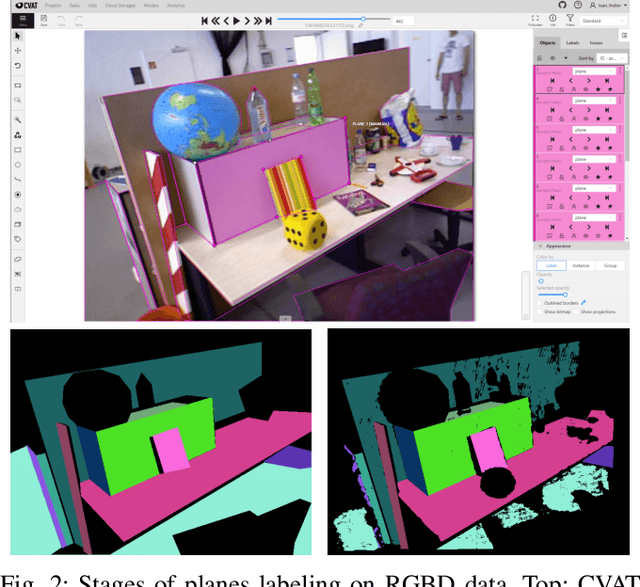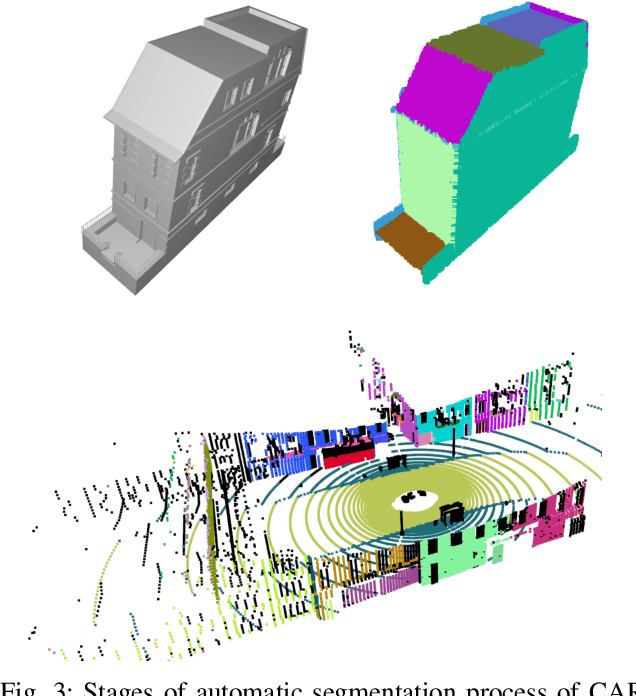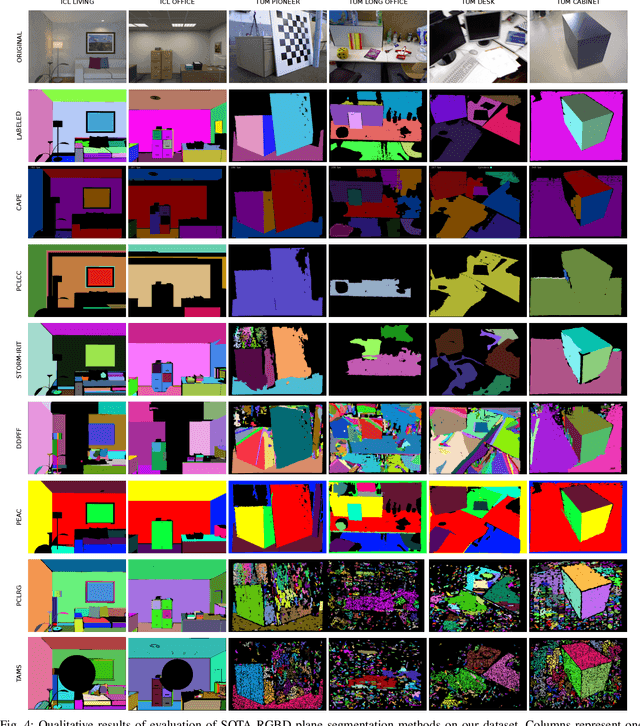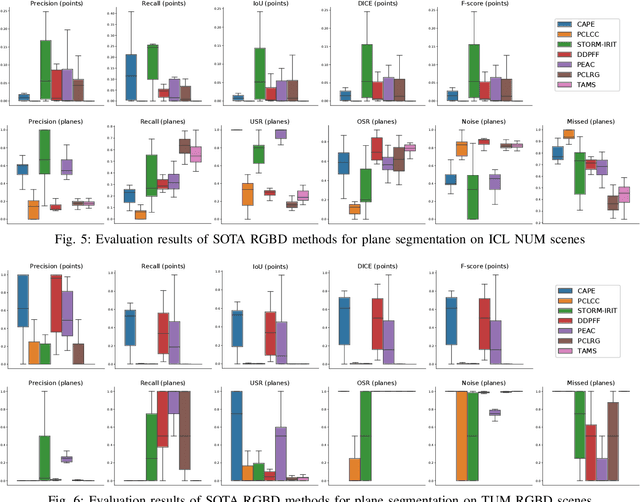Arthur Saliou
Solving Data Quality Problems with Desbordante: a Demo
Jul 28, 2023Abstract:Data profiling is an essential process in modern data-driven industries. One of its critical components is the discovery and validation of complex statistics, including functional dependencies, data constraints, association rules, and others. However, most existing data profiling systems that focus on complex statistics do not provide proper integration with the tools used by contemporary data scientists. This creates a significant barrier to the adoption of these tools in the industry. Moreover, existing systems were not created with industrial-grade workloads in mind. Finally, they do not aim to provide descriptive explanations, i.e. why a given pattern is not found. It is a significant issue as it is essential to understand the underlying reasons for a specific pattern's absence to make informed decisions based on the data. Because of that, these patterns are effectively rest in thin air: their application scope is rather limited, they are rarely used by the broader public. At the same time, as we are going to demonstrate in this presentation, complex statistics can be efficiently used to solve many classic data quality problems. Desbordante is an open-source data profiler that aims to close this gap. It is built with emphasis on industrial application: it is efficient, scalable, resilient to crashes, and provides explanations. Furthermore, it provides seamless Python integration by offloading various costly operations to the C++ core, not only mining. In this demonstration, we show several scenarios that allow end users to solve different data quality problems. Namely, we showcase typo detection, data deduplication, and data anomaly detection scenarios.
Desbordante: from benchmarking suite to high-performance science-intensive data profiler (preprint)
Jan 14, 2023Abstract:Pioneering data profiling systems such as Metanome and OpenClean brought public attention to science-intensive data profiling. This type of profiling aims to extract complex patterns (primitives) such as functional dependencies, data constraints, association rules, and others. However, these tools are research prototypes rather than production-ready systems. The following work presents Desbordante - a high-performance science-intensive data profiler with open source code. Unlike similar systems, it is built with emphasis on industrial application in a multi-user environment. It is efficient, resilient to crashes, and scalable. Its efficiency is ensured by implementing discovery algorithms in C++, resilience is achieved by extensive use of containerization, and scalability is based on replication of containers. Desbordante aims to open industrial-grade primitive discovery to a broader public, focusing on domain experts who are not IT professionals. Aside from the discovery of various primitives, Desbordante offers primitive validation, which not only reports whether a given instance of primitive holds or not, but also points out what prevents it from holding via the use of special screens. Next, Desbordante supports pipelines - ready-to-use functionality implemented using the discovered primitives, for example, typo detection. We provide built-in pipelines, and the users can construct their own via provided Python bindings. Unlike other profilers, Desbordante works not only with tabular data, but with graph and transactional data as well. In this paper, we present Desbordante, the vision behind it and its use-cases. To provide a more in-depth perspective, we discuss its current state, architecture, and design decisions it is built on. Additionally, we outline our future plans.
EVOPS Benchmark: Evaluation of Plane Segmentation from RGBD and LiDAR Data
Apr 12, 2022



Abstract:This paper provides the EVOPS dataset for plane segmentation from 3D data, both from RGBD images and LiDAR point clouds (PC). We have designed two annotation methodologies (RGBD and LiDAR) running on well-known and widely-used datasets and we have provided a complete set of benchmarking tools including point, planes and segmentation metrics. The data includes a total number of 10k RGBD and 7K LiDAR frames over different selected scenes which consist of high quality segmented planes. The experiments report quality of SOTA methods for RGBD plane segmentation on our annotated data. All labeled data and benchmark tools used have been made publicly available.
 Add to Chrome
Add to Chrome Add to Firefox
Add to Firefox Add to Edge
Add to Edge